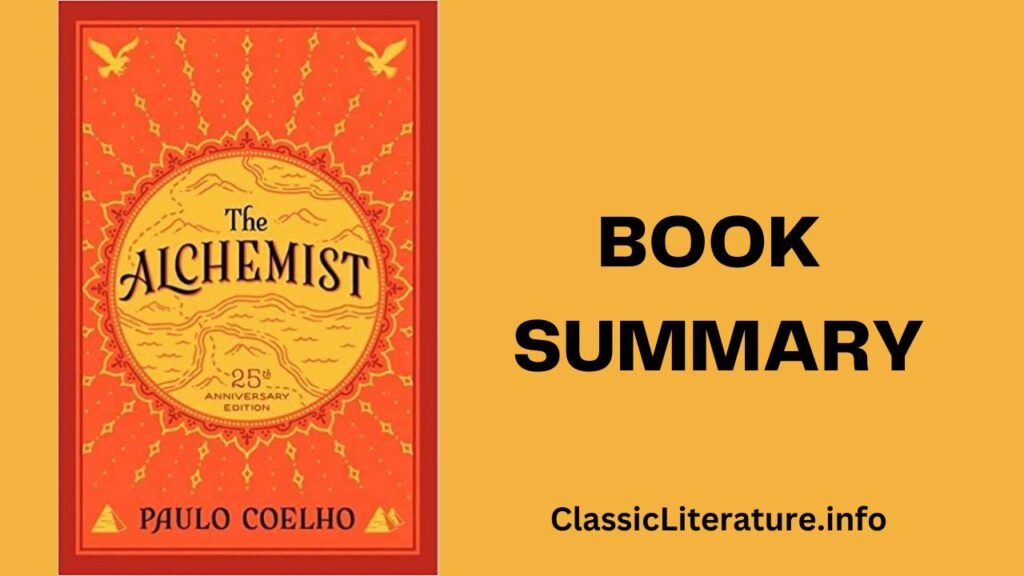
“Paradise Lost” by John Milton is an epic poem that tells the story of the fall of humankind, drawing from biblical narratives of creation, Adam and Eve, and the rebellion of Satan. The poem opens in Hell, where Satan and his fellow fallen angels plot revenge against God. Satan journeys to Earth and tempts Adam and Eve in the Garden of Eden, leading to their expulsion from paradise. The poem explores themes of temptation, free will, and the consequences of disobedience.
Milton’s “Paradise Lost” is a complex and richly symbolic work. It delves into the depths of Hell, the heights of Heaven, and the complexities of the human experience. The poem explores profound philosophical and theological questions, offering readers a deep examination of the nature of good and evil, the role of God in human affairs, and the power of redemption.
Here are some notable quotes from “Paradise Lost”:
“Better to reign in Hell than serve in Heaven.”
- This quote encapsulates Satan’s defiant spirit and his refusal to submit to God’s authority, highlighting the themes of rebellion and pride.
“The mind is its own place, and in itself can make a Heaven of Hell, a Hell of Heaven.”
- This quote emphasizes the power of the human mind to shape its own reality, suggesting that one’s perception and attitude can transform even the bleakest circumstances.
“The mind is its own place, and in itself can make a Heaven of Hell, a Hell of Heaven.”
- This quote emphasizes the power of the human mind to shape its own reality, suggesting that one’s perception and attitude can transform even the bleakest circumstances.
Get Paperback or Kindle version of the book <–
“Paradise Lost” is a must-read for its profound exploration of theological and philosophical themes, its rich symbolism, and its lyrical beauty. Milton’s writing style is grand and poetic, characterized by his mastery of blank verse and intricate use of language. He weaves together complex ideas and vivid imagery, creating a tapestry of words that immerses readers in the epic struggle between good and evil.
Reader Reviews:
- “Milton’s ‘Paradise Lost’ is a masterpiece that offers profound insights into the human condition and the nature of sin. The poem’s exploration of temptation, free will, and the consequences of disobedience resonates deeply. Milton’s command of language is extraordinary, and his vivid descriptions bring the story to life. It’s a challenging read, but well worth the effort for those seeking a profound and thought-provoking literary experience.”
- “The depth and complexity of ‘Paradise Lost’ are awe-inspiring. Milton’s vivid imagery and intricate wordplay create a mesmerizing reading experience. The themes of redemption and the interplay between good and evil are explored in a way that leaves a lasting impact. It’s a must-read for those interested in exploring the human condition and grappling with profound questions of morality and faith.”
- “I found ‘Paradise Lost’ to be a challenging read due to its dense language and theological references. While I appreciated the poem’s ambition and scope, I struggled to connect with the characters and fully grasp the symbolic layers. However, for those with a strong interest in religious and philosophical themes, this epic poem offers a wealth of material for contemplation and analysis.”
In conclusion, “Paradise Lost” by John Milton is a profound and challenging work that delves into the complexities of human nature, the consequences of disobedience, and the interplay between good and evil. Its majestic writing style and exploration of timeless themes make it a must-read for those interested in epic poetry, theology, and the human condition.
About the author
John Milton (1608-1674) was an English poet and intellectual who played a significant role in the literary and political landscape of 17th-century England. He is best known for his epic poem “Paradise Lost” but also wrote numerous other works, including “Paradise Regained” and “Samson Agonistes.” Milton’s writing reflected his political and religious beliefs, and he became a champion of civil liberties and freedom of expression. His works continue to be celebrated for their linguistic brilliance, intellectual depth, and exploration of complex moral and theological questions. Milton’s contributions to literature and his profound impact on the English language make him one of the most influential figures in literary history.





